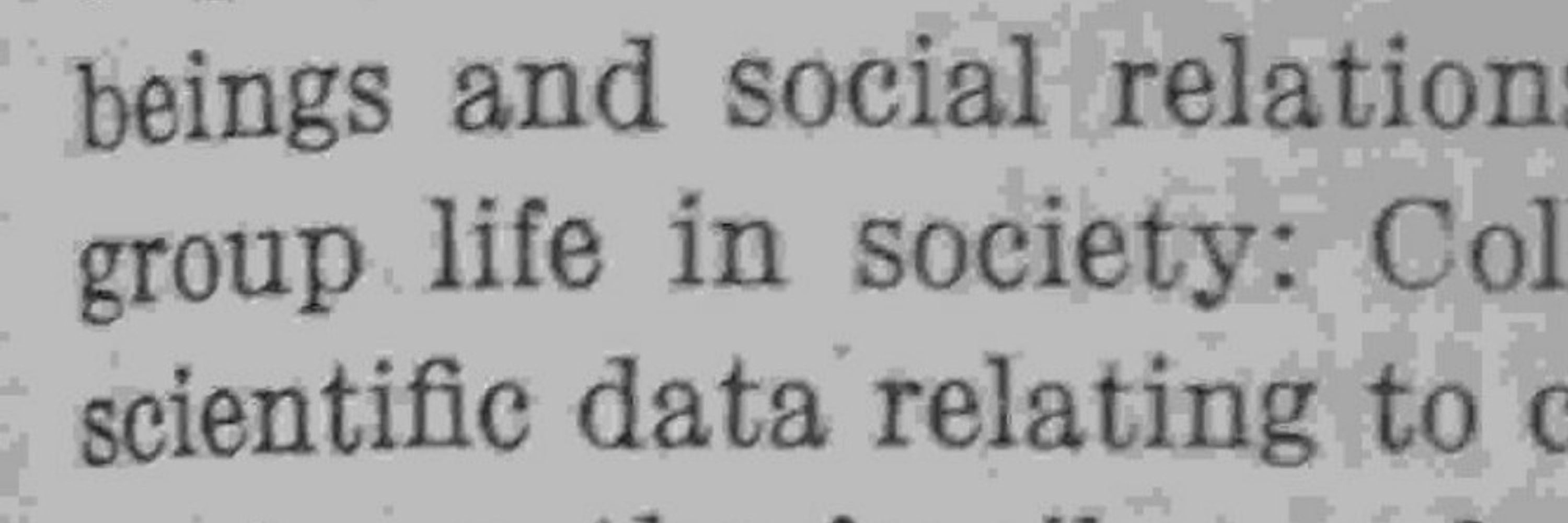
Sociologist at Utrecht University, NL, studying cooperation, trust, social networks, social media, platform economy, using computational social science and experimental methods. I mostly follow academics.
Also: @[email protected] ..
more
Sociologist at Utrecht University, NL, studying cooperation, trust, social networks, social media, platform economy, using computational social science and experimental methods. I mostly follow academics.
Also: @[email protected]

Reposted by Rense Corten
Reposted by Paul Dorfman, Fionnuala Ní Aoláin, Daniel W. Drezner , and 12 more Paul Dorfman, Fionnuala Ní Aoláin, Daniel W. Drezner, Jonathan Hopkin, Gerald Friedman, Stacy D. VanDeveer, Dana R. Fisher, Antoine Bernard de Raymond, Michelle Williams, Christian Fisch, Pauline Stafford, Rense Corten, Timothy D. McBride, Jeroen Van Bouwel, David Spurrett

Reposted by Shannon Vallor, Peter Thorne, Linda J. Skitka , and 18 more Shannon Vallor, Peter Thorne, Linda J. Skitka, Jesse M. Shapiro, Ken Caldeira, Steve Peers, Jamie Morgan, Edgar Morgenroth, David G. Stewart, Trevor A. Branch, Julia Lynch, Margot C. Finn, Paul Goldsmith-Pinkham, Graham Webster, Stephen Jones, Brian Keegan, Rense Corten, Jack Stilgoe, Julie Novkov, Jonathan J. Buonocore, Michael Larkin
As in: their first project was to decide and write the ChatGPT policy for the class.
Here's what happened:

Reposted by Rense Corten



Reposted by Rense Corten
www.nature.com/articles/d41...

